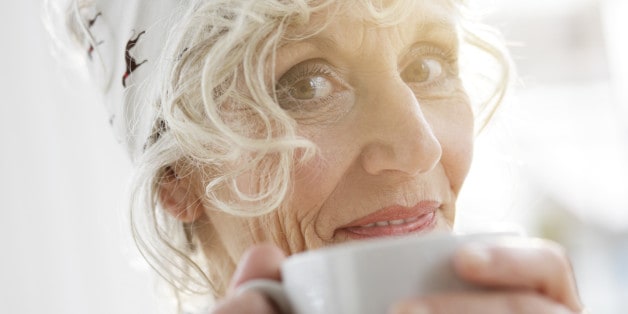After my admirer left that day, it took me a good hour to quiet my inner judge and send him hulking back down the cellar steps of my consciousness to prowl grumbling and mumbling. (I might add that one of the pleasures of getting older is knowing how to deal with the inner judge before he becomes the torturer, to pet and calm him like a good animal trainer, a horse whisperer. When I was young, these harsh judgments could send me spiraling into depression for days.)
My admirer, if I can call him that, is not the only younger (or older) man to express affection for me, but I assume those men have meant it the way someone may say, “I love tomatoes.” They appreciate my openness, my playfulness, my sense of wonder and joy.
But this man left me shaken. I have no desire to take him up on his sweet confession, but he has made me stop and think — about myself, about age, about life.
O.K., I admit it. I suffer from ageism. I find myself buying into our cultural concept of age, which says I’m ugly now, a hag. I’m a product of my culture and of the advertising that swirls around us, presenting beauty as a 19- or even 16-year-old, perhaps, in Victoria’s Secret lace or a Calvin Klein string thong, with her bee-stung lips and sulky face. And look, she is beautiful. She is breathtaking. But why is it that a man can be desirable his whole life long and a woman can’t?
And then there’s the study about online dating from last summer that claimed men’s sexual desirability peaks at age 50 while women’s is highest at 18 (and falls from there). So what can it possibly mean for a woman like me, in her early 80s, to be told I am still feminine and attractive? Or to admit that I still find men attractive? That I like to flirt, to play?
What does it mean to be a woman? What is it that attracts?
When I was 20, flooded by hormones and unable to keep my eyes and quivering senses from every boy, I thought it was about physical beauty, or sensuality, and I thought it proper to heighten the interest of others by wearing miniskirts and floating fabrics. It was all about sex, nature’s way of propagating the species.
READ continuation here
First appeared on nytimes.com

